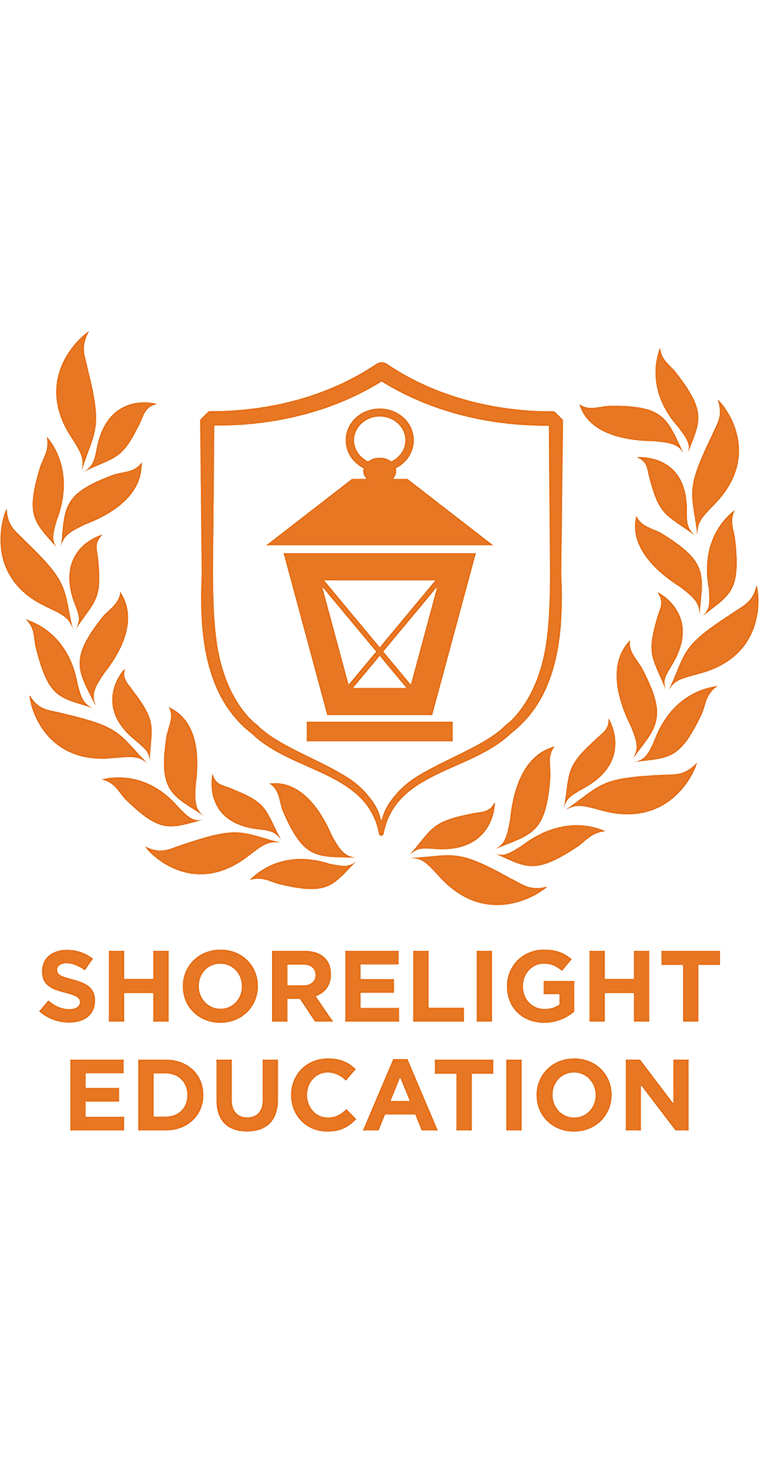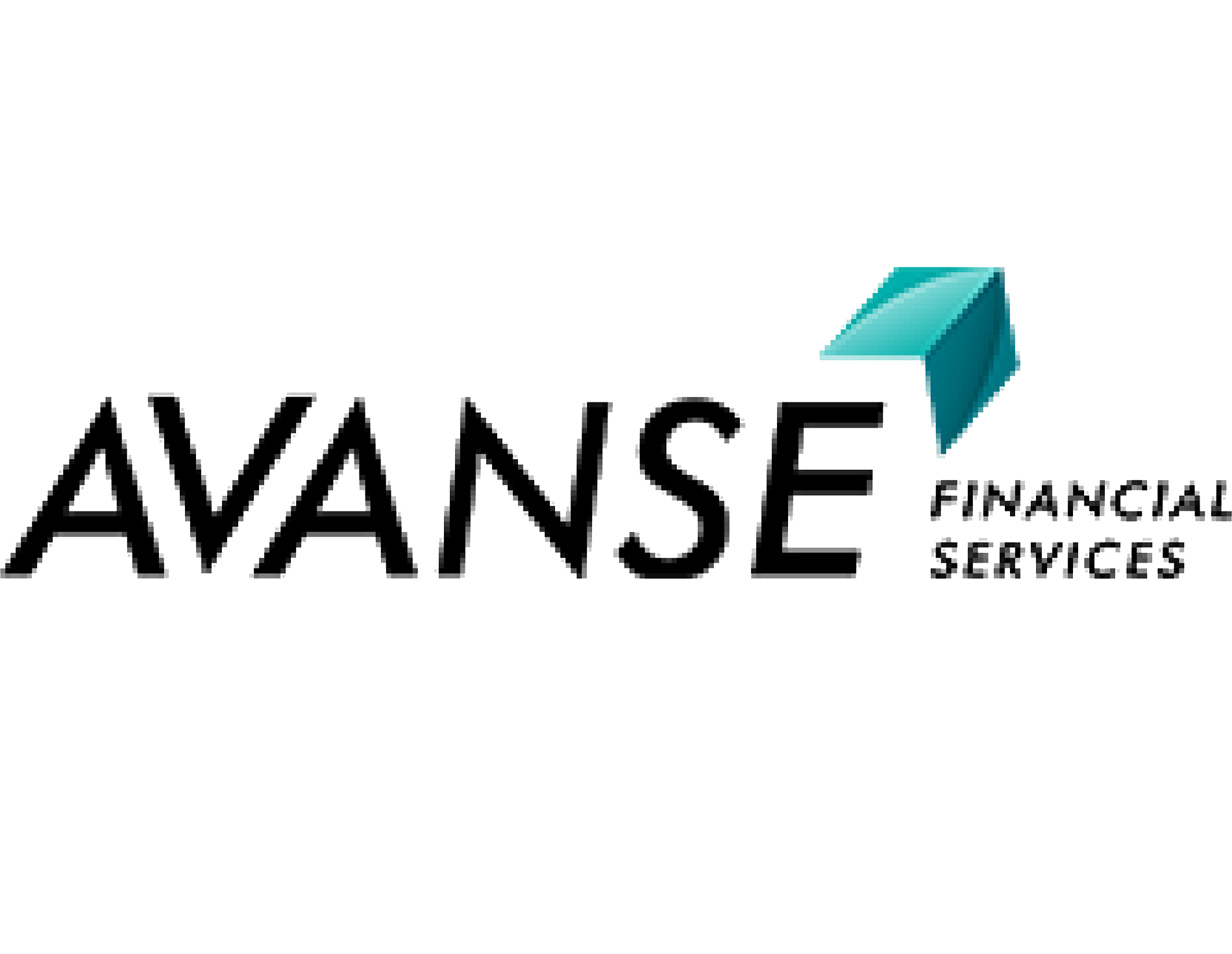
Foreign Education Consultants
Typically replies within minutes
Foreign Education Consultants
Hi There,
How can I help you?

Foreign Education Consultants
Typically replies within minutes
Foreign Education Consultants
Hi There,
How can I help you?
Get university recommendations.
Create SOP for free
Direct university communication
Track your application
Online payments
Don't have an account?
Get university recommendations.
Create SOP for free
Direct university communication
Track your application
Online payments
Already have an account?
Get university recommendations.
Create SOP for free
Direct university communication
Track your application
Online payments
Got your password?

Application Fee
The Master of Science in Marketing program provides aspiring marketers with the contemporary tools and practical experience necessary to successfully accelerate their career in today’s fast-paced business environment.
Lindner's MS in Marketing program is designed to provide students with innovative and specialized curriculum choices, helping them gain both breadth and depth to their marketing skills.
Students learn alongside our world-renowned faculty, who rank in the top ten for publications in consumer psychology journals. The program core courses are intended to strengthen your foundation in strategy, analytics and consulting, while electives allow you to pursue the areas of marketing that interest you the most—whether that's digital marketing, consumer psychology, marketing innovation tools, or branding.
Your goals are unique, so we encourage you to incorporate courses from across the University, adding an additional layer of interdisciplinary specialization and competitive differentiation to your resume. Courses can be completed on campus or online, full-time or part-time.
This program is open to students who have a bachelor's degree or other graduate degrees in business or in non-business disciplines.
Marketing Curriculum
The MS in Marketing program provides students with an innovative and specialized academic curriculum that covers a wide range of marketing topics. Required classes include Buyer Behavior, Marketing Ethics, and Data Analysis. Students receive in-depth training and experience in all areas of marketing, including:
Experience-based learning is an integral component of the Master’s in Marketing program. Real-world field-study experiences provide students with the opportunity to acquire practical, hands-on knowledge to establish or further their careers in the marketing profession.
MS Marketing Program Courses and Descriptions
The Master of Science in Marketing Degree at the University of Cincinnati's Lindner College of Business is among the top-ranked public marketing programs in the United States, providing students with an innovative and specialized academic curriculum that covers a wide range of marketing topics.
Students complete a set of core courses (14 credit hours) and a set of elective courses (18 credit hours). Students can tailor their course selections to meet their individual career goals. The program is very flexible, and students often add one or more graduate certificates to their program to provide specialization in various aspects of marketing.
Core Courses
MKTG 7012: Marketing Research (4 credit hours)
Students will explore the role of marketing research to solve contemporary business challenges, with a focus on the development and implementation of best-practices on premier research platforms. Students will collect and analyze data to identify trends and generate insights and strategies.
MKTG 7015: Buyer Behavior (2 credit hours)
Consumer behavior is the study of human responses to products/services, and the marketing of these products and services. The topic is of critical importance to marketing managers because the development of successful programs is predicated on developing a rich understanding of the consumer’s values, behaviors and motivations. Students will examine the ways in which understanding consumer psychology assists the marketing manager.
MKTG 7028: Marketing Ethics (2 credit hours)
Graduate students will be provided with a broad, practical overview of ethical issues in marketing. Drawing from moral philosophy and cognitive psychology, students will acquire and refine analytical and managerial decision-making skills through the application of ethical principles to moral dilemmas represented in case examples.
MKTG 7035: Marketing Strategy (2 credit hours)
This course presents a foundational framework for strategic business and marketing planning, starting with the analysis of business and marketing positioning in market through the tactical execution of strategies across a full complement of channels and content. Marketing professionals must understand at a very deep level how a firm competes in the marketplace, and this course will provide you with the ability to analyze a marketing opportunity and create programs that change customer beliefs in a way that is favorable to the organization. Students will learn how to make marketing decisions when faced with ambiguity.
MKTG 7099: MS Marketing Capstone (4 credit hours)
The capstone course is the final course in which the student must demonstrate competency in all areas of the MS Marketing program. The student is assigned an organization (for-profit or not-for-profit), becomes the marketing consultant, and is expected to solve the client’s marketing question utilizing the strategic framework introduced in the marketing strategy course.
BA 7077: Career Management (full-time students only, 0 credits)
Designed for Graduate Business students, this course focuses on helping you develop your brand, position yourself in the job market, resume construction and salary negotiations. It is recommended that you take this course in the semester before you graduate.
Elective Courses
MKTG 7014: Innovation Tools (2 credit hours)
This interactive course focuses on creating value and organizational growth through product innovation and market expansion. Students develop innovation ideation skills and apply those skills within the context of a marketing strategy framework.
MKTG 7016: Professional Sales (2 credit hours)
This interactive course uses a combination of discussions, exercises, role-playing, and a simulated sales presentation, which are intentionally designed to improve the student’s understanding of the principles of professional selling and enhance the student’s executional competence.
MKTG 7017: Consumer Insights (2 credit hours)
Students will learn the skills necessary to plan and execute a qualitative research project that uncovers actionable consumer insights. Through a project for a client, students will conduct research and understand how consumers think and feel about a particular product/service, and will learn the process of how to uncover key insights that can support marketing practice.
MKTG 7019: Product Management (2 credit hours)
This course is an examination of the contemporary economic, technological and political conversations that influence the strategic product portfolio decisions of an organization and the transformational role of product management viewed through the lens of GEIST Analysis.
MKTG 7020: New Product Development (2 credit hours)
This interactive course focuses on using a robust market analysis to outline customer needs, which are then used to direct the development of new products and market launch strategies.
MKTG 7021: Design Thinking for Business (2 credit hours)
This interactive course introduces design thinking as a business problem solving approach. Students will work with the design thinking model, and will understand innovative techniques that will enable them to practice applying these new skills to classic business challenges. The course fosters creativity and collaboration in the increasingly ambiguous business world in which today’s business leaders compete.
MKTG 7025: Advertising and Marketing Communications (2 credit hours)
Students will learn the key elements of advertising and promotion. The course is designed from the perspective of managers who make decisions about marketing communications programs as part of the overall marketing mix. Students will learn about topics such as setting program objectives, positioning, target audience selection, creative strategy, media strategy, advertising research and evaluation.
MKTG 7026: Influence Strategies (2 credit hours)
This course examines the principles of social influence, leveraging noted psychologist Robert B. Cialdini's authoritative book "Influence: Science and Practice." Students will learn the psychological secrets underlying powerful persuasion techniques used by advertisers, sales professionals, direct marketers, politicians, religious cults, and others.
MKTG 7027: Digital Marketing Tools (2 credit hours)
Students will explore the use digital technologies for the purpose of understanding customer digital behavior and using that information to market, sell, and distribute products and services. New developments unfold rapidly in this arena; hence the course content changes as appropriate.
MKTG 7030: Branding Strategy (2 credit hours)
Students will cover a range of issues related to strategic brand management including brand equity, brand positioning, the design and implementation of brand strategies, and the management of brand equities across geographic boundaries. Emphasis is on the application of strategic brand management theory to practical applications and case studies including consumable and non-consumable products, services, retail outlets, people, organizations, places, and even political or social causes.
MKTG 7032: Sales Management (2 credit hours)
In today’s organizations, sales and marketing teams collaborate on the development and execution of marketing programs, leveraging digital platforms and databases to identify the highest value leads and implement strategies to cultivate interest. You will learn about and experience contemporary sales processes and management strategies as an indispensable aspect of a marketing career.
MKTG 7033: Retailing Strategy (2 credit hours)
This course gives an overview of the retailing industry focusing on theoretical and managerial perspectives, with a special emphasis on the most current developments in the industry. Students will learn about topics such as graduate level principles of retailing, retailing research, retail atmospherics, customer service, CRM and technology, and the globalization of the retailing industry.
MKTG 7036: Consumer Decision Science (2 credit hours)
To influence consumers’ decisions, marketers first need to understand how those decisions are made. Such decisions would be quite easy to understand if we assume consumers (1) are perfectly accurate information processors, and (2) always choose options that maximize their happiness. In this course, you will learn how and why both of these assumptions are rarely true. Specifically, we will look at how things like risk and uncertainty, heuristics and biases, feelings and emotions, contextual factors, and even our evolutionary history lead consumers to both systematically deviate from traditional notions of rationality, and even define new ways in which we think about rationality itself.
MKTG 7037: Digital Marketing Strategy (2 credit hours)
This course explores the use of digital marketing — the integrated use of demand generation digital platforms and multiple social channels — to create digital conversations that enable brands to send the right message, to the right person, at the right time. A digital conversation is a sequence of communications, or "touch points," that nurture a prospect through each of the marketing funnel stages. It is the execution of the brand’s storytelling in a digital format, addressing the prospect's “moment that matter” in each funnel stage, and progressively profiling the prospect to optimize content delivery. The goal is to quickly connect with the prospect, reduce the time it takes to convert them to customers, and create long-term loyalty.
MKTG 7038: Digital Marketing Analytics (2 credit hours)
Digital Marketing Analytics refers to the analysis of quantitative and qualitative data associated with digital marketing touch points. Students will understand the role that digital marketing analytics plays within organizations, perform analysis of digital data, and create a plan that includes data architecture, integration and measurement for digital marketing touchpoints that support retailing, marketing, and advertising strategies.
MKTG 7040: Marketing Performance Metrics (2 credit hours)
This course examines the tools and approaches for gauging the impact of marketing actions—short and long term. You will learn about currently available marketing metrics, how to determine the most appropriate marketing measures (Key Performance Indices—KPI) for a specific company, and whether that data is available or needs to be created, and how to construct a marketing measurement system (or dashboard) to enable return on marketing investment (ROMI).
MKTG 7041: Marketing for Social Change (2 credit hours)
In this course you will learn the foundations of cause marketing and how a well-designed, brand-aligned program can be beneficial to an organization. Both financial and reputational benefits to the organization will be considered.
Study Abroad courses are also available and vary each year (prior locations include Italy, Chile and France).
Many students elect to intentionally focus their graduate work in a specific area and may choose a maximum of 6 credits of electives from other Lindner College of Business graduate programs, or, other University of Cincinnati colleges' programs (prior approval may be required).
NULL
Admission Requirements
Tuition fee-1 year-$35,000



